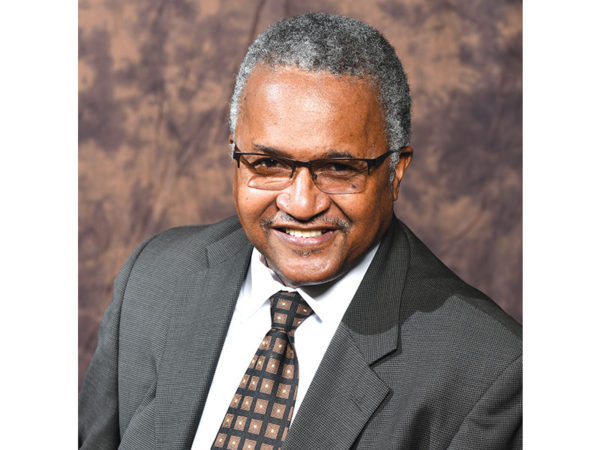Last week, Wossman High School elected a transgender person to its homecoming court for 2023. It was historic for Monroe, but it is part of a trend that is growing across the nation.
The former male student moved to Texas and returned with her sex surgically adjusted. The person who was a “he” is now officially a “she.”
Dealing with transgender students adds another layer of training and burden to school administration, which must accommodate gender changes or risk losing federal funds and exposure to discrimination lawsuits.
One of the first ways schools feel the impact of federal laws is in restroom accommodations. Officially, the school must allow the student to use the shower and restroom facilities associated with their new gender. Wossman sidestepped that requirement by giving their transgender student the privilege of using private restrooms assigned to the teachers. If the student had complained, however, the law would have required that she be allowed to use female restrooms.
The second impact deals with homecoming courts, which are normally reserved for females. However, across the nation, there is a growing wave of transgender females displacing biological females on homecoming courts. A 2018 survey by the Gay, Lesbian, and Straight Education Network (GLSEN) found that 1.4% of high school students in the United States identify as transgender. Of those students, 13% said they had been on their school’s homecoming court.
Add Wossman to the list.
The third area deals with athletics. The law prohibits discrimination against transgenders, which means a person born with the physical attributes of a male can compete on female athletic teams. Last year, the Louisiana legislature passed a law to block biological males from competing on female teams, but the law is being challenged in federal court and will probably be called unconstitutional.
This year, the House has other bills to try to sidestep gender issues. HB 463, if passed, would prohibit doctors from performing sex changes. HB 466 will require teachers to only use birth names to identify students in class unless parents say otherwise in writing. That law has passed the House and is being debated in the Senate. Rep. Pat Moore voted for it; Rep. Adrian Fisher was absent.
The nation has a history of discriminating against people and groups that do not fit our view of the world. The gay community has been discriminated against.
Regardless of what we think, we are compelled by law to respect the civil right of every American to be free from discrimination.
Can we demand civil rights in one arena and deny them in others? Is our religious preference superior to others or to those who have no religious code at all?
The federal law is etched in stone; it’s not likely to change.
We can start by recognizing that LGBTQ+ citizens are human beings, not creatures from outer space. Their lifestyle is not mainstream, but the law respects their right to pursue their brand of happiness, just as we pursue ours.
Let’s learn the lingo:
L (lesbian): refers to women who are emotionally, romantically, or sexually attracted to other women.
G: “Gay” is primarily used to describe men who are emotionally, romantically, or sexually attracted to other men, but it can also include women.
B: “Bisexual: Describes individuals who are emotionally, romantically, or sexually attracted to both men and women.
Transgender: represents individuals whose gender identity differs from the sex assigned to them at birth. Transgender people may identify as male, female, or non-binary, which is an umbrella term for genders outside the traditional binary categories.
Queer/Questioning: Queer is an umbrella term encompassing diverse sexual orientations and gender identities outside of heterosexual and cisgender norms. Questioning refers to individuals who are exploring their sexual orientation or gender identity.
There is also a + (plus), which accounts for all variations.
Regardless of which alphabet applies, the law is clear: Schools cannot erect barriers that prevent participation in school activities by the LGBTQ+ community.
Schools are obligated to adopt policies and procedures that promote gender inclusivity in ways that are safe and free of bullying and harassment.
The student who broke the ice at Wossman is the first on the homecoming court.
She won’t be the last.


